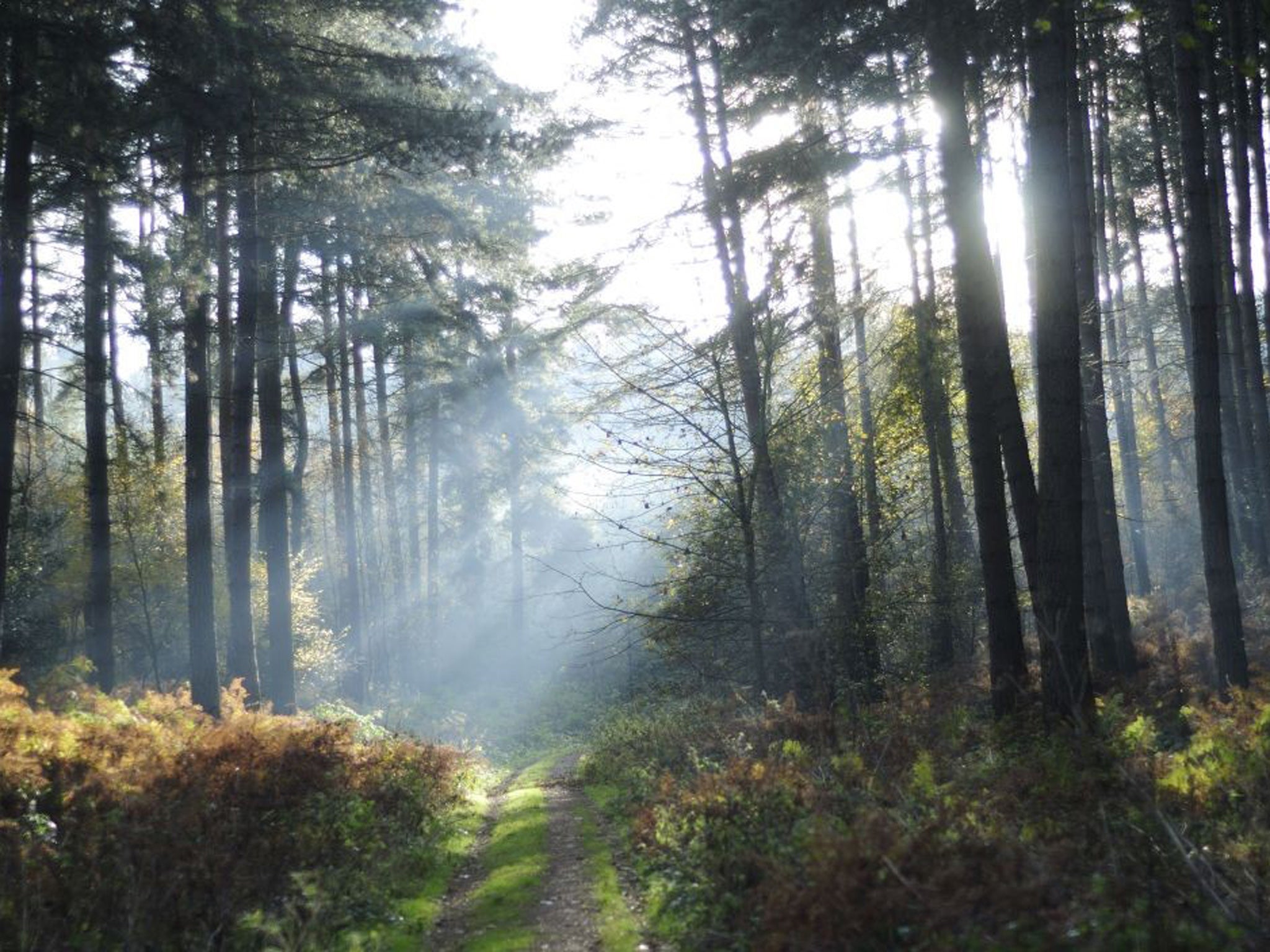The Independent's journalism is supported by our readers. When you purchase through links on our site, we may earn commission.
Something to Declare: There's nothing middling about the Midlands

Your support helps us to tell the story
From reproductive rights to climate change to Big Tech, The Independent is on the ground when the story is developing. Whether it's investigating the financials of Elon Musk's pro-Trump PAC or producing our latest documentary, 'The A Word', which shines a light on the American women fighting for reproductive rights, we know how important it is to parse out the facts from the messaging.
At such a critical moment in US history, we need reporters on the ground. Your donation allows us to keep sending journalists to speak to both sides of the story.
The Independent is trusted by Americans across the entire political spectrum. And unlike many other quality news outlets, we choose not to lock Americans out of our reporting and analysis with paywalls. We believe quality journalism should be available to everyone, paid for by those who can afford it.
Your support makes all the difference.This Easter I'm going on a minibreak to the Midlands. Now that's not a sentence you hear very often. So infrequently, in fact, I thought I'd write a book about the region to explain why it deserves more attention.
Ah, the Midlands, that amorphous parcel of anonymous suburbia; the densely populated middle bits of the country that holidaymakers tolerate in order to get to somewhere genuinely worth seeing.
There's a long tradition of ignoring England's belly or otherwise emphasising its anonymity in classic travel accounts. In his celebrated interwar study In Search of England, HV Morton names Rutland "the smallest and happiest county in England". The author pays Rutland a great compliment but only in such a way as to stress its negligibility in the national purview. "I have never met a man who has deliberately set out to go to Rutland; and I do not suppose you have," he concludes; "most people think [it] is in Wales".
Most contemporary assessments are much more curtly dismissive. "Best Avoided" are the two words The Spectator used to sum up the visitor charms of the East Midlands in a travel special in 2003.
Why is this? Perhaps it's just the linguistic associations of the word "Midlands", a sort of shorthand for dispiritingly average. Or perhaps it's the recent historical associations. The best my Collins dictionary can offer by way of definition of the Midlands is that it is "characterised by manufacturing industries".
And yet one of the most romantic figures in English myth emerged from the East Midlands. For nostalgic Victorians, dismayed by the effects of the growing urbanisation of their own age, Robin Hood was a symbol of Merrie England. William Hazlitt popularised the concept of England's idyllic, prelapsarian medieval past: "The beams of the morning sun shining on the lonely glades ... the leisure, the freedom … were sufficient to justify the appellation of 'Merry Sherwood', and in like manner, we may apply the phrase to Merry England."
Another Nottinghamshire cultural hero, DH Lawrence, denounced the encroachments of the mines on this merry Sherwood landscape in Lady Chatterley's Lover, but the mythical romance of the region was still vivid in his imagination. To get to Mellors' hut, Lawrence had Lady Connie pass "the little icy spring where Robin Hood used to drink".
As the old colliery fields are gently reabsorbed into the great Midland plain, Hazlitt's Merry Sherwood is re-emerging and the landscape of the East Midlands is once more starting to look like Merry England.
Personally, this Easter, I'll be heading to Rufford Abbey, where Lawrence set his book, and donning a hard hat to explore Creswell Crags, where Ice Age Midlanders invented BritArt. And I won't be worrying about what the rest of you are getting up to in more celebrated tourist locations.
Robert Shore's new book, 'Bang in the Middle', is published on 10 April, £8.99 (harpercollins.co.uk)
Join our commenting forum
Join thought-provoking conversations, follow other Independent readers and see their replies
Comments